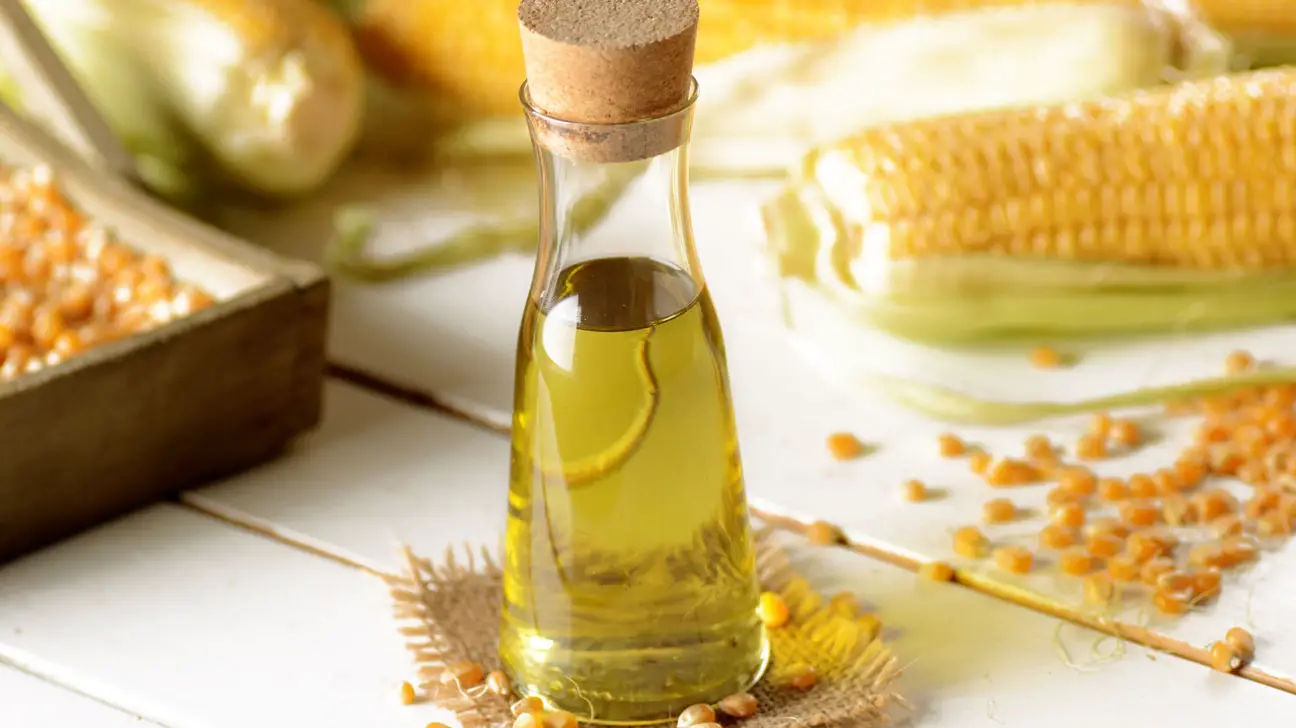Why Is Corn Oil Bad for You? The Truth Behind Its Effects
Corn oil has been a common ingredient in many kitchens, touted for its versatility and affordability. However, a growing body of evidence has led many to question, why is corn oil bad for you? For beauticians, understanding the effects of this oil on health and beauty is essential for making informed choices for themselves and their clients. This article delves into the potential drawbacks of corn oil, its impact on health, and alternative oils that may be more beneficial.
Corn oil is derived from the germ of corn and is primarily used for cooking due to its high smoke point. While it has gained popularity due to its light flavor and economical price, there are several concerns that make this oil less desirable. It's crucial to evaluate these concerns, especially for professionals in the beauty industry who prioritize health.

Understanding Corn Oil: Composition and Processing
Corn oil is extracted using a process that involves high heat and chemicals, which can strip it of essential nutrients and flavor. The oil is predominantly composed of omega-6 fatty acids, which, when consumed in excess, can lead to inflammation and various health issues. Beauticians should be cautious of recommending products that contain corn oil due to its inflammatory properties.
1. High Omega-6 Fatty Acid Content
While omega-6 fatty acids are essential in moderate amounts, the modern diet often contains excessive amounts of these fats. The imbalance between omega-6 and omega-3 fatty acids can contribute to chronic inflammation, heart disease, and other health problems. For clients seeking inflammation reduction and improved skin health, it is prudent to recommend oils with a better fatty acid profile.
2. Risk of Heart Disease
Research suggests that diets high in omega-6 fatty acids, such as those from corn oil, can increase the risk of heart disease. Beauticians should consider advising their clients against using corn oil in cooking, especially if they are at risk for cardiovascular issues. Alternatives such as safflower oil can offer a healthier option, as discussed here: safflower oil vs canola.
3. Processed Nature and Chemical Risks
The extraction of corn oil involves heat and chemical solvents, which may leave traces of harmful substances in the final product. Consuming processed oils can have negative effects on health, leading beauticians to recommend natural alternatives instead. For instance, oils cold-pressed from seeds or nuts are less likely to contain harmful residues and provide better nutritional value.

Alternatives to Corn Oil: Healthier Options for Cooking
For those looking to replace corn oil in their Kitchens, there are several healthier oils available that can provide great flavor and health benefits. Beauticians can suggest these alternatives when discussing dietary changes with clients.
1. Olive Oil
Olive oil is rich in monounsaturated fats and antioxidants. It is known for its heart-healthy benefits and is a staple in Mediterranean diets. Incorporating olive oil into cooking can be an excellent choice for promoting overall health.
2. Coconut Oil
Coconut oil contains medium-chain fatty acids, which can boost metabolism and provide additional health benefits. When used in moderation, coconut oil can be a great alternative to corn oil.
3. Safflower Oil
Safflower oil has a high smoke point and is lower in omega-6 fatty acids compared to corn oil. It can be a healthy substitution for cooking, baking, and even in beauty treatments. Learn more about safflower oil benefits and its applications.

Beauty Applications: How Oils Affect Skin Health
The type of oil used in cooking can also influence skin health and beauty treatments. Corn oil, due to its inflammatory properties, may not be beneficial for clients with sensitive skin or conditions like acne. Instead, oils that are nourishing and less comedogenic should be prioritized.
1. Oils Rich in Antioxidants
Using oils that are rich in antioxidants can help combat signs of aging and promote healthy skin. Oils such as argan oil and rosehip oil are excellent choices for clients looking to enhance their skincare regimen.
2. Non-Comedogenic Oils
For those with oily or acne-prone skin, recommending non-comedogenic oils is crucial. Jojoba oil and grapeseed oil offer hydration without clogging pores, making them suitable alternatives to corn oil in beauty routines.
Conclusion: Educating Clients on Healthy Options
As beauticians, it is essential to stay informed about the impacts of different oils, including corn oil. By understanding why is corn oil bad for you, professionals can better educate their clients on the importance of making healthier choices in both diet and skincare. Encouraging the use of healthier cooking oils, like safflower and olive oil, will promote overall health and well-being.
For more insights on healthy cooking practices, check out this helpful resource: Olive oil vs vegetable oil.
As an Amazon Associate, I earn from qualifying purchases.

